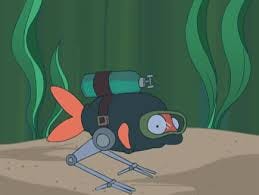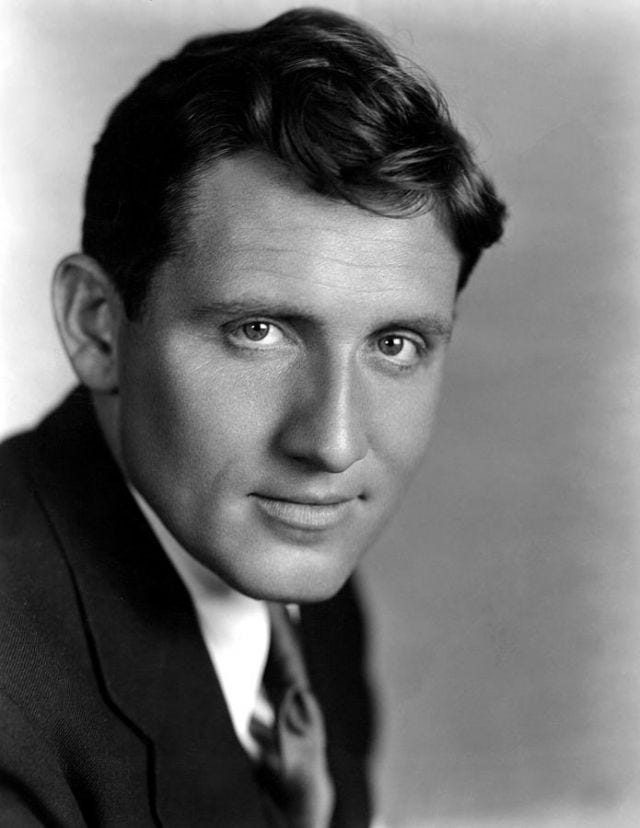So What, Who Cares (vol 2, issue 92) What exploding rockets have to do with virtual reality in space
Hello! Welcome to a whole new week, one in which Minions now collectively rule pop culture. Send me your best guesses on when the sequel to Minions will be released to an undeserving public via Twitter and email.
*
As of last month, Microsoft and NASA were going to be launching the first stage of Project Sidekick, which would test the HoloLens headset as a tool for helping astronauts fix equipment, and as a tool for transmitting data back to Earth.
Then, as you may or may not remember, the Space X rocket scheduled to run supplies up to the International Space Station -- including the HoloLens headsets -- exploded on June 28, 2015, right after takeoff.

There's still a future opportunity to see how Project Sidekick operates in extreme conditions: on July 21, a NASA Extreme Environment Mission Operations (NEEMO) 20 expedition is set to begin. NEEMO will have a group of astronauts and engineers living in the underwater research station Aquarius for two weeks. A HoloLens experiment is supposed to take place there; no word on whether it's similar to the space experiments that were planned.
So what? Project Sidekick is intriguing because it's an example of NASA going into partnership with a corporation for its mission-critical needs, which is turning out to be something of a trend.
It's also a fascinating proof-of-concept for extremely remote communication via holograms:
Sidekick has two modes of operation. The first is “Remote Expert Mode,” which uses Skype, part of Microsoft, to allow a ground operator to see what a crew member sees, provide real-time guidance, and draw annotations into the crew member’s environment to coach him or her through a task. Until now, crew members have relied on written and voice instructions when performing complex repair tasks or experiments.
The second mode is “Procedure Mode,” which augments standalone procedures with animated holographic illustrations displayed on top of the objects with which the crew is interacting. This capability could lessen the amount of training that future crews will require and could be an invaluable resource for missions deep into our solar system, where communication delays complicate difficult operations.
Who cares? Google Glass partisans should. Remember that Microsoft's already poised to dominate the immersive-learning landscape with HoloLens (vol 2, issue 80). If Microsoft manages to show how well HoloLens works across space or under water, that makes it a compelling technological choice for all manner of industries where hands-on instruction takes place in dangerous environments. It'll be interesting to see how Google Glass positions itself relative to HoloLens.
*

Amazon's gearing up for a big shopping day on July 15 -- Prime Day, which ostensibly celebrates Amazon and/or Prime but is really an excellent way to put a lot of sales on the books during Q2 and generate more members for one of Amazon's core businesses (the subscriber service). And poised to benefit big? Back-to-school shoppers. In some parts of the country, schools will be opening for the new academic year in a little over three weeks, so parents are already doing back-to-school shopping, online and off.
So what? No longer is back-to-school shopping an August ritual of trying on a sweater in stifling summer heat and trying to imagine wearing it in November. The emerging model for back-to-school shoppers is one of bargain-hunters who begin early and begin online.
Who cares? Retailers, because this is just one more way in which their markets have gotten more complicated. No longer can they count on influencing user behavior by dangling sales during specific times of the year: We live in an age where consumers look at the back-to-school supply list in July and promptly hop on Amazon.com to get everything delivered without any hassle. As noted by Bloomberg:
“The consumer is actually taking control of when the back-to-school shopping starts,” said Dallas Lawrence, a senior vice president at Los Angeles-based Rubicon Project. “They’re just as comfortable shopping at Wal-Mart as they are on Amazon. They’re not waiting for the two weeks where retailers say, ‘Here’s the best deal.’"
Amazon also has a big stake in this year's back-to-school sales, especially with its Prime Day. Why? Because Prime has been extraordinarily expensive for Amazon, but the company is staking its retail future on a class of subscriber-shoppers who spend $1,500 a year on average, compared to non-members who spend about $625 a year. This Prime Day is a great test bed to see whether its subscriber-shoppers can be trained to respond to made-up sales events -- and if the deals are compelling enough to grow the subscriber base.
*
Your pop-culture note of the day: I love a good call-and-response across media outlets if the end result is that we all come away smarter from absorbing the points and counter-points of the different pieces. So I greatly enjoyed the Atlantic's piece bemoaning the lack of fine young American leading actors under age 40 (and manages to blame tween TV shows for much of it via a cherry-picked collection of under-40s actors and actresses), and the counterpoint in the New Yorker, which basically amounted to "Get over the idea that being a great theater actor makes you a better cinema actor."

I hope another round of dialogue happens -- neither Flavorwire nor the AV Club have had time to weigh in yet, so I live in hope -- mostly because there is an omission from both pieces that I think should have been checked into the argument.
Neither mentions Spencer Tracy. His biographer, James Curtis, noted that Tracy preferred film work to stage acting because "I couldn't say those goddamn lines over and over and over again every night ... At least every day is a new day for me in films ... But this [acting on stage]—every day, every day, over and over again."
It would have been interesting to place Tracy's iconic film career within the framework of the "British actors are better because the stage gives you tools"/"Get over your fixation on the stage" argument. However, both pieces are worth the time because they offer the reader the opportunity to pause and ask, "How do you make a great cinema actor? How much is training, how much is opportunity, how much is experience, and how much is innate, instinctive talent?"
*
Are there typos? Copyediting is the only editing class I did not earn an A in. And I can't change any typos in the archives. I know. It irritates me too.
Suggestions for links gratefully received -- hit me up via Twitter and email.
Feedback is welcome. Again --hit me up via Twitter and email.
Really like this newsletter? TELL A FRIEND TO SUBSCRIBE! Then you can make pointed comments about how some people like receiving expressions of gratitude after they've passed on life-improving tips and oh, look, you have a bit.ly link for your Amazon wishlist right here!

